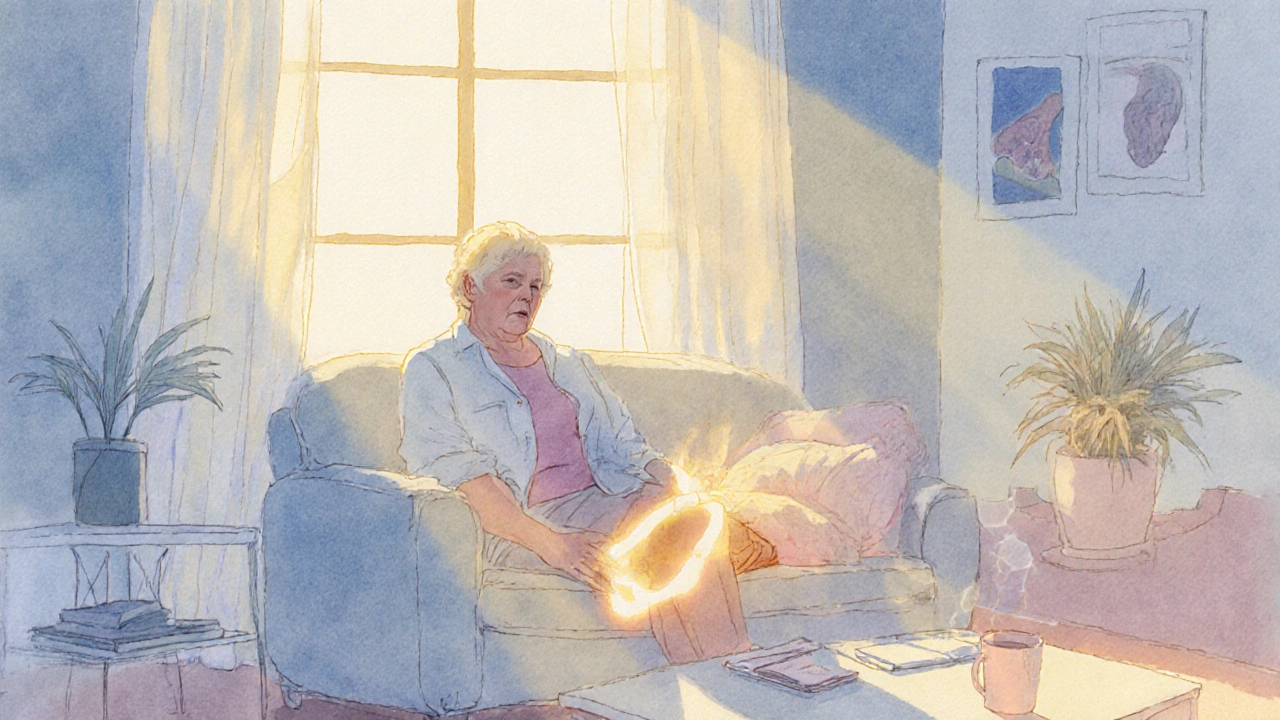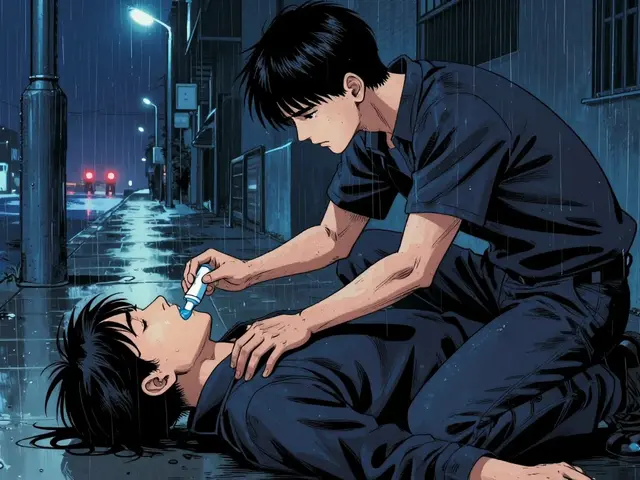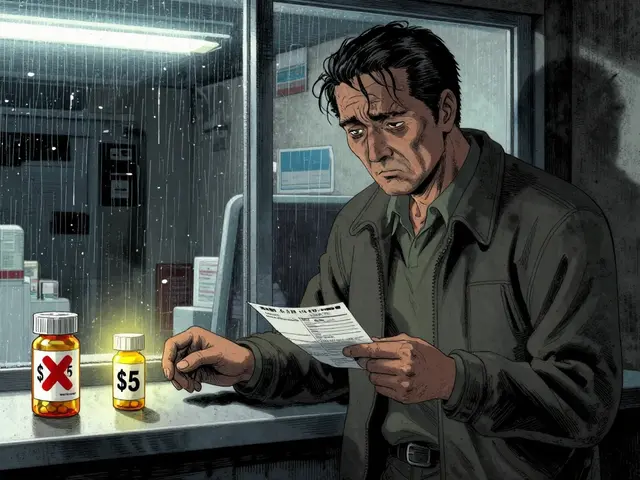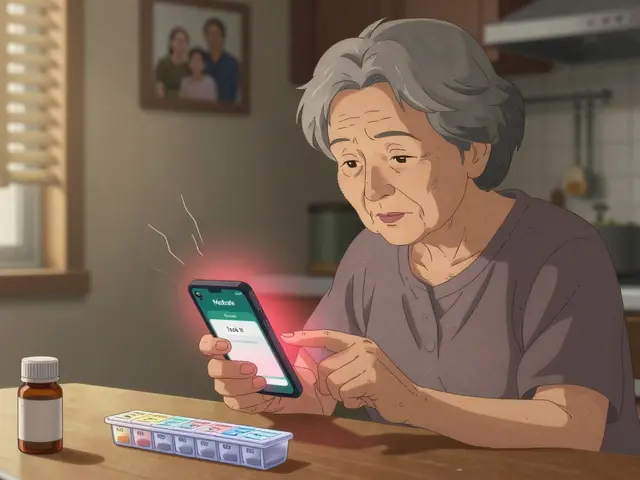Support Group Checklist: What Works and What to Avoid
When you're dealing with something tough—whether it's mental health support, structured peer help for anxiety, depression, or trauma, addiction recovery, a community focused on sobriety and relapse prevention, or chronic illness support, group care for conditions like diabetes, MS, or fibromyalgia—a good support group can change everything. But not all groups are created equal. Some feel like a lifeline. Others leave you more drained than before. That’s why you need a clear support group checklist before you commit.
Start with safety. Does the group have clear rules? Are people allowed to speak without interruption? Is there a trained facilitator, or is it just a free-for-all? Groups that let people vent without boundaries often spiral into negativity. The best ones guide conversation, keep things respectful, and focus on solutions, not just complaints. Look for groups that encourage sharing but don’t pressure anyone to open up. You should never feel forced to cry, confess, or explain your whole life on day one.
Then check the structure. Does the group meet regularly? Is there a set format—like a check-in, topic, or guided exercise? Consistency matters. A group that meets once a month with no agenda is just a chat. A group that meets weekly with a theme, like "coping with sleep loss" or "handling guilt after relapse," gives you something to prepare for and build on. Also, look at who runs it. Is it peer-led? Clinician-led? Some people need a therapist in the room. Others prefer the raw honesty of someone who’s been there. Both can work. Just know which one you need.
Watch for red flags. If the group pushes supplements, miracle cures, or religious conversion, walk out. Real support doesn’t sell you something. It listens. It doesn’t say "you just need to pray harder" or "this tea cured my depression." It says, "I’ve been there. Here’s what helped me. What’s your story?" And it leaves space for your answer.
Finally, pay attention to how you feel after. Do you feel lighter? Seen? Less alone? Or do you feel like you have to perform, explain, or apologize for being broken? The right group won’t fix your life—but it will remind you you’re not broken. You’re just trying. And that’s enough.
Below, you’ll find real stories and practical guides from people who’ve walked this path—whether they’re managing chronic pain, quitting opioids, or surviving PTSD. Each post gives you something you can use today: a checklist, a comparison, a warning, or a win. No fluff. Just what works.

Overactive Bladder Support Groups: How to Find Help & Community
Discover how to locate and join overactive bladder support groups, whether in‑person or online, and learn tips for getting the most out of community help.
read more




